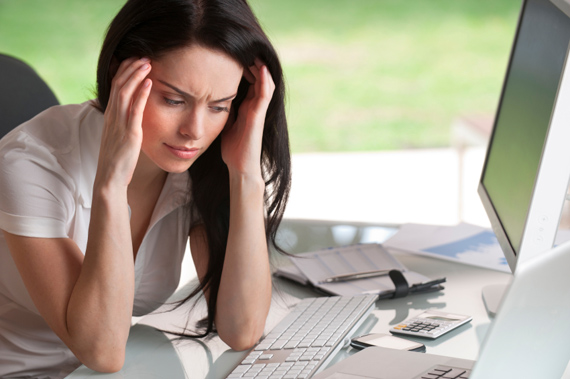Treating of stress in children and adults
Nobody likes it, everyone has it- Stress. He has long become a self-evident corollary of our daily lives. The World Health Organization (WHO) assesses stress as one of the biggest health threats in the 21st century.
When work meks you sick.
Main cause of stress is the modern world of work. Having to do scheduling and time constraints, the claim, many things at once (multitasking) and permanent disturbances of the labor process are often identified as stressful here. Conversely, even too great monotony of work processes trigger stress. Studies confirm the perceived congestion. To dispense around 22 percent of workers on breaks, one in ten also works after hours, on weekends or even on vacation.
Simultaneously, the private life requires us to more and more: conflicts, financial worries, the double burden of work and family life or family caregivers – all this leads to a vicious circle of pressure and always too little time, from which many no longer find out alone.
What create stress in the body?
Medically speaking one distinguishes between positive stress (eustress) and negative stress (distress). The positive variation is temporary and gives us the necessary energy to tackle big tasks.
Takes such a state of stress, but for too long, the body activates our stress hormone system and switches to continuous alarm. A true hormone cascade breaks loose. First, the limbic system in the brain sets free a peptide called CHR (corticotropin-releasing hormone). This stimulates the production of well-known stress hormone cortisol. Thus, the body switches to “high alert” and pours the emergency hormones adrenaline and noradrenaline. This has the consequence that the blood pressure rises, the bronchi dilate, the activity of the digestive tract will shut down – we are ready for flight.
Can not be used positively, this pent-up energy, the adrenaline remains at a high level and we are in constant stress. Consequences are back pain, muscle tension, fatigue, insomnia and nervousness and depression. Also headaches, stomach upset or tinnitus and psychological symptoms such as depression or anxiety disorders can be attributed to overloading.
Help against stress.
A panacea that will help all concerned, there is not. It all starts with the self-exploration. Observe yourself and find out what you’re charged and where are your boundaries. Of the many different methods for coping with stress everyone needs to find out in person for what he does well. Votes are relaxation techniques, time management or sporting activities. Maintain your contacts, because the company of other lifts the mood. Also, a balanced diet helps the body to cope with stress. Alcohol or sedatives, however, are not a good solution. If you feel alone find no way out, get help and talk to your doctor.
More and more children and adolescents are affected.
Even when students can be a tendency to mental disorders and problems comprise. The reasons are manifold. Triggers may be over or under-challenged at school or bullying experiences. But the dispute between the parents, separation and divorce situations can be very stressful for children. Other factors include poverty, migration or the mental illness of a parent. But not every child who at a time of his adolescence showing abnormalities, is also in need of treatment. Mentally ill are only about 6 to 8 percent of children and youth. Many find the emotional attention of their parents and caregivers back out of the crisis.
But is a necessary treatment offer a differentiated outpatient diagnosis and clarification of the issues. In addition, there is a psychotherapy ward for patients with anxiety and depressive disorders, as well focus for young children with behavioral problems.